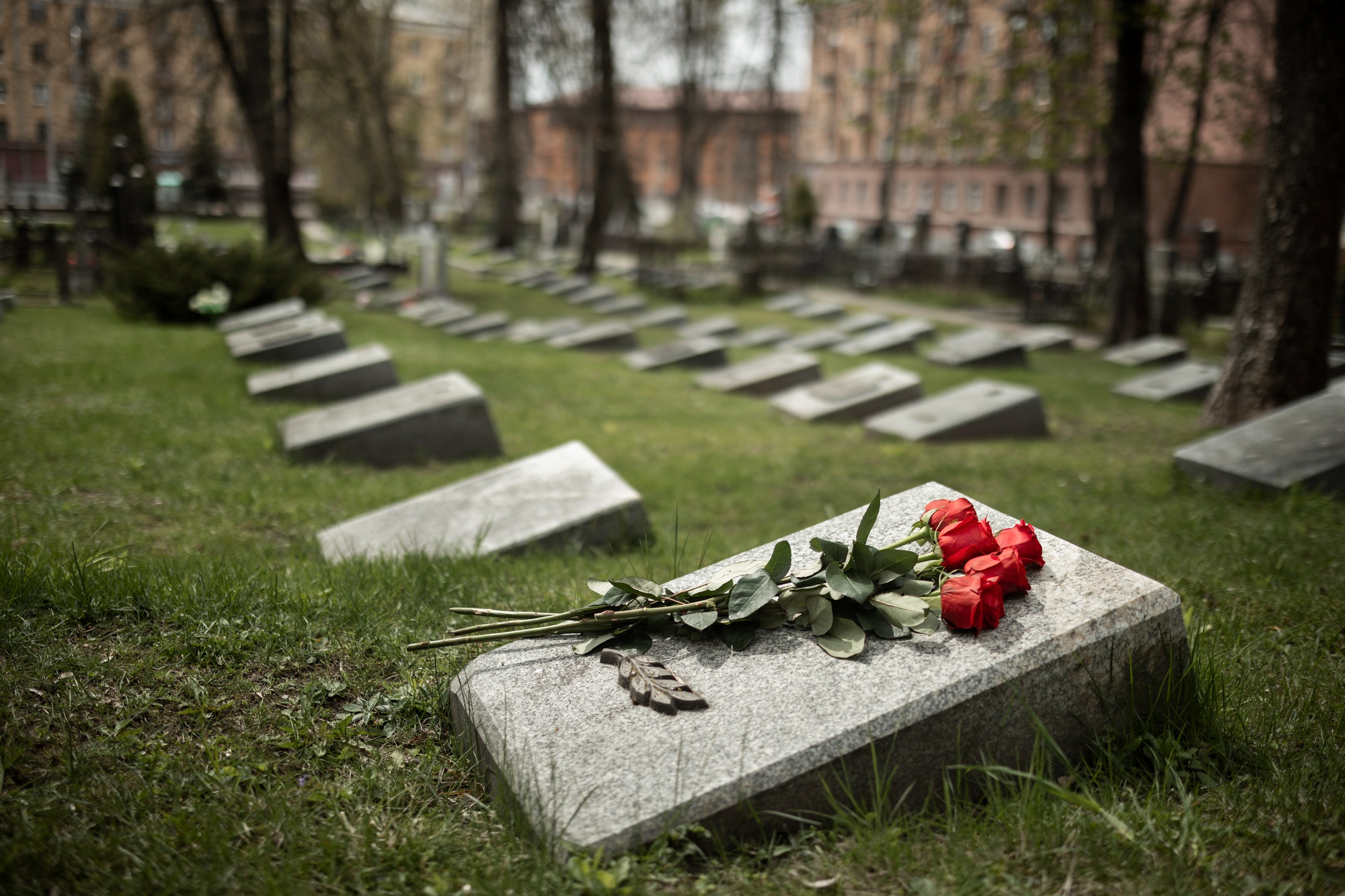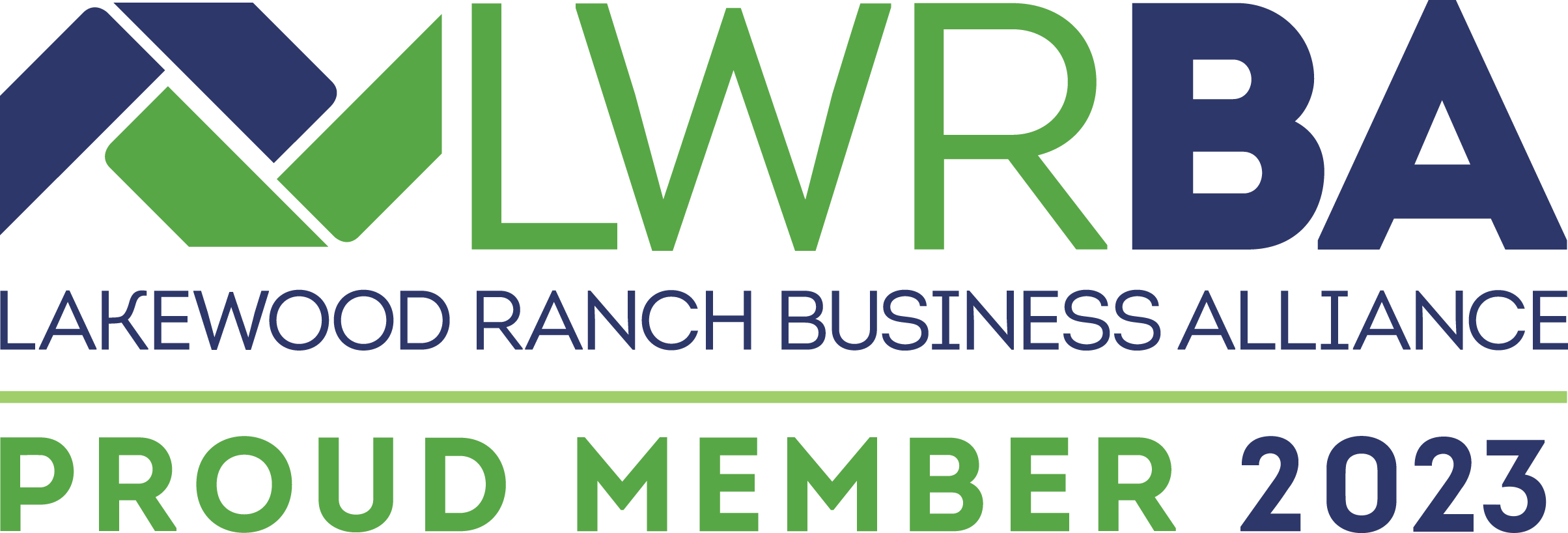Wrongful Death
Contact an Injury Lawyer in Sarasota If You and Your Family Have Been Affected by a Wrongful Death
Wrongful death cases are among personal injury law’s most emotionally charged and legally intricate matters. When families face the devastating loss of a loved one due to another party’s negligence or wrongdoing, it is important to lean on a personal injury lawyer. Turn to Luhrsen Goldberg for a wrongful death lawyer in your time of need.
Understanding Wrongful Death
<hr style="border-top:2px solid #C29B64;"
Wrongful death, in legal terminology, is a term that encapsulates the tragic circumstance where a person’s death is attributed to the wrongful act, omission, or sheer negligence of another individual or entity. These acts can range from direct actions that result in death, such as reckless driving, to indirect causes, like a company failing to provide adequate safety measures for its products.
Unlike criminal homicide cases, which focus on punishing the offender through imprisonment or other penalties, wrongful death cases are considered civil law. The primary objective in these cases is not to penalize the offender with a prison sentence but to ensure that the aggrieved parties, typically the deceased person’s loved ones, receive monetary compensation for their loss. This compensation might cover funeral expenses, lost wages, pain and suffering, and other damages that the family may suffer due to the untimely death of their loved one.
In this intricate field of law, wrongful death attorneys play a pivotal role. These legal professionals should be experienced at handling these specific types of cases because of the nuances associated with handling wrongful death claims. An experienced wrongful death attorney should provide compassionate representation to distressed families, guiding them through complex legal challenges, and ensuring they receive the justice and compensation they rightly deserve.
Situations Leading to Wrongful Death
<hr style="border-top:2px solid #C29B64;"
Numerous circumstances can potentially give rise to wrongful death claims in Florida, encompassing a range of scenarios where the loss of life occurs due to preventable factors. In Florida, the following situations are frequently identified as grounds for such claims, each with its own distinct set of contributing factors and complexities:
- Car Accidents: One of the most common sources of wrongful death claims stems from car accidents, where various factors such as distracted driving, driving under the influence (DUI), speeding, reckless driving, and failure to adhere to traffic regulations contribute to the unfortunate loss of life. These incidents often entail thoroughly examining the circumstances leading up to the collision, involving aspects like driver behavior, road conditions, and vehicle mechanics.
- Medical Malpractice: The realm of medical care also presents situations ripe for wrongful death claims, particularly when instances of medical malpractice come to light. This includes cases where misdiagnosis, surgical errors, medication mistakes, or negligence in post-operative care lead to a patient’s untimely demise. Unraveling the intricacies of medical malpractice cases requires a thorough evaluation of medical records, expert testimony, and adherence to the established standards of medical care.
- Workplace Accidents: Workplace accidents can tragically lead to fatalities in industries with heightened risks, such as construction or manufacturing. The physical nature of these industries, coupled with potential lapses in safety protocols or inadequate training, can contribute to situations where employees lose their lives due to on-the-job incidents.
- Defective Products: Instances where products fail to perform as intended and result in fatal outcomes fall under the category of defective product-related wrongful deaths. Such cases involve intricate investigations into product design, manufacturing processes, quality control, and warning labels. Establishing a clear link between the defective product and the resulting fatality requires thoroughly assessing how the product’s shortcomings directly contributed to the death.
- Slip-and-Fall Incidents: Premises liability cases arise from slip-and-fall incidents, which can lead to fatal consequences when property owners fail to adequately maintain their premises or neglect hazards that could pose a danger to visitors or residents. Proving negligence in these cases involves demonstrating that the property owner knew or should have known about the hazardous condition and failed to take appropriate action to prevent harm.
- Criminal Acts: In cases involving criminal acts, wrongful death claims can stem from intentional acts of violence, such as murder, manslaughter, robbery, or other criminal actions resulting in death. These claims run parallel with criminal proceedings and require a thorough presentation of evidence to establish liability for the fatality.
Rights of the Families of Wrongful Death Victims
<hr style="border-top:2px solid #C29B64;"
When families are confronted with a wrongful death claim in Florida, they can pursue a range of compensatory measures.
Seeking Damages
At the heart of Florida’s legal provisions is the recognition that the emotional anguish and suffering endured by families following a wrongful death deserve acknowledgment and compensation. The law acknowledges that the abrupt and often preventable loss of a loved one can lead to profound emotional distress, mental anguish, and a sense of disruption to life. The legal system offers solace and justice in the face of an irreplaceable loss by providing families the avenue to seek damages for this intangible pain.
Lost Wages and Future Earnings
Wrongful death claims in Florida often center on the intricate calculus of economic loss, considering the deceased’s potential future earnings and contributions to the family’s financial stability. Recognizing that the untimely passing of a loved one can abruptly sever the stream of income that sustains a family, the legal system allows families to assert claims for the loss of anticipated earnings. Attorneys experienced in wrongful death cases often work meticulously to protect the deceased’s potential career trajectory, earning capacity, and the financial contributions they would have made over their lifetime.
Medical and Funeral Costs
The immediate aftermath of wrongful death is often fraught with practical challenges, not the least of which are the substantial medical and funeral expenses. Florida’s laws protect families by enabling them to pursue reimbursement for these immediate financial burdens. Recognizing that the cost of medical care and funerary arrangements can create an additional layer of stress during an already emotionally charged period, the law seeks to reduce this strain by providing families with the means to recoup these expenses through the pursuit of damages.
Loss of Companionship
The emotional void left after a wrongful death is a profound aspect of the tragedy that the legal framework in Florida acknowledges and seeks to address. The concept of “loss of companionship” encompasses the intangible aspects of the familial relationship that are irrevocably altered with the passing of a loved one. This can include the loss of emotional support, guidance, companionship, and the nurturing presence that a family member provides. By allowing families to seek compensation for this deeply personal aspect of loss, the legal system aims to provide a degree of recognition and reparation for the profound impact on the family’s emotional well-being.
Constructing a Solid Wrongful Death Claim in Florida
<hr style="border-top:2px solid #C29B64;"
Pursuing justice through a wrongful death claim requires the following:
- Duty of Care: Central to any wrongful death claim is establishing the defendant’s duty of care towards the deceased. This involves demonstrating that the defendant was responsible for upholding the safety and well-being of the individual whose life was cut short. The expert guidance of a skilled attorney is instrumental in effectively outlining the parameters of this duty, making clear the legal obligations that the defendant was bound to fulfill.
- Breach of Duty: A critical step in constructing a persuasive wrongful death claim involves proving that the duty of care owed by the defendant was either negligently overlooked or intentionally violated. This entails a comprehensive examination of the defendant’s actions, decisions, or lack thereof, ultimately leading to the untimely demise. Skillful legal representation is essential in presenting a convincing case that highlights the breach of duty and underscores the causal link between this breach and the fatal outcome.
- Causation: Establishing a direct and irrefutable connection between the breach of duty and the resultant death is a linchpin of a successful wrongful death claim. A seasoned attorney adeptly navigates the complexities of causation by marshaling evidence, expert testimony, and a deep understanding of the events leading up to the tragedy. The meticulous presentation of this causal link is pivotal in persuading the court of the defendant’s culpability.
- Damages: Quantifying the surviving family members’ losses requires legal knowledge and compassion. A proficient wrongful death lawyer collaborates with the deceased individual’s family to identify and list the tangible and emotional toll of the loss. From the immediate financial burdens to the intangible aspects of companionship, guidance, and support that have been irreparably altered, the attorney crafts a comprehensive account of the damages endured.
Distinguishing Between Economic and Non-Economic Damages within a Wrongful Death Claim
<hr style="border-top:2px solid #C29B64;"
The Florida state wrongful death statute of limitations dictates that legal action must be initiated within a strict two-year timeframe from the date of the individual’s death. As families take on the challenging task of seeking reparation for a loved one’s wrongful death, it is vital to understand the differences between economic and non-economic damages.
Economic Damages: Tangible Losses
At the core of economic damages lies quantifiable losses attributed to a wrongful death incident. These losses are characterized by their concrete financial nature and are intricately tied to the immediate and future expenses incurred due to the tragedy. Economic damages encompass a spectrum of elements, including but not limited to:
- Medical Bills: The financial ramifications of medical care are a tangible burden that families often bear after a wrongful death. These costs encompass hospitalization, surgeries, medications, and other treatments administered to the deceased before passing.
- Funeral Expenses: Preparing a dignified farewell for a loved one is an emotionally charged endeavor, but it also carries substantial financial implications. Funeral expenses include ceremonies, burial or cremation costs, caskets or urns, and other related services.
- Lost Earnings: The abrupt termination of a loved one’s income stream can have profound economic repercussions for surviving family members. Economic damages encompass the potential future earnings that the deceased would have contributed to the family’s financial stability had their life not been cut short.
Non-Economic Damages: Intangible Losses
In stark contrast to economic damages, non-economic damages encapsulate the intangible losses that permeate the emotional fabric of a family grappling with the aftermath of a wrongful death. These losses, while challenging to quantify in monetary terms, are profound and deeply impactful, encompassing:
- Trauma and Pain: The emotional trauma and pain experienced by surviving family members in the aftermath of a wrongful death are immeasurable. The grief, shock, and anguish can reverberate throughout their lives, leaving an indelible mark.
- Loss of Companionship: The emotional void left by the deceased’s absence often results in a profound sense of loss. The familial relationships, camaraderie, guidance, and companionship are facets of life that can never be fully restored.
- Loss of Consortium: Spouses and immediate family members often experience a diminishment in their quality of life due to losing their loved one. This encompasses the loss of emotional support, intimacy, guidance, and nurturing that the deceased provided.
Significance of a Wrongful Death Attorney
<hr style="border-top:2px solid #C29B64;"
The intricate nature of wrongful death claims makes it clear that a proficient wrongful death attorney is vital. The chances of winning a wrongful death lawsuit depend on the strength of the evidence, legal expertise, and the ability to establish the defendant’s negligence or liability in causing the untimely death. Entrusting reputable wrongful death law firms with these complex cases provides families with various advantages.
Engaging with successful wrongful death lawyers from a wrongful death law firm will help you avoid potential pitfalls. Their negotiation experience will be helpful during interactions with insurance companies and defendants, where they advocate vigorously to secure the compensation the family rightfully deserves.
Beyond their sound legal judgment, these attorneys provide an invaluable source of emotional support, empathizing with the family’s pain and offering comfort throughout the often challenging legal proceedings. Reputable wrongful death lawyers become allies, guiding families through the intricate maze of legal proceedings while upholding the memory of their lost loved one.
Contact Luhrsen Goldberg for Wrongful Death
<hr style="border-top:2px solid #C29B64;"
In the aftermath of a wrongful death, the journey towards justice is often fraught with obstacles and emotional turmoil. Wrongful death lawyers serve as pillars of support during this journey, offering a blend of legal expertise, compassion, and dedication that families need. Contact us today for Law Powered by Women® legal assistance.







